Active Pharmaceutical Ingredients
- • Respiratory Drugs (112)
- • Hormones and the Endocrine System (273)
- • Antipyretic Analgesics (165)
- • Antiallergic Drugs (103)
- • Antiparasitic Drugs (127)
- • Antibiotics (530)
- • Antineoplastic Agents (287)
- • Anesthetic Agents (79)
- • Urinary System Drugs (51)
- • Other Chemical Drugs (913)
- • Synthetic Anti-infective Drugs (587)
- • Nervous System Drugs (345)
- • Fluid, Electrolyte, and Acid-base Balance (48)
- • Vitamins and Minerals Medicines (102)
- • Digestive System Drugs (194)
- • Blood System Drugs (85)
- • Circulatory System Drugs (410)
- • Diagnostic Agents (58)
- • Specialty Drugs (108)
- • Drug Metabolism (22)
- • Feed Additive (21)
- • Anti-stress Drugs (1)
- • Drugs Influencing Immune Function (14)
- • Veterinary Raw Materials (23)
- • Inhibitor Drugs (65)
Related News
-
At the API China 2024 Spectacle: A Grand Recap!
2024-10-18 -
The 89th API China & The 27th CHINA-PHARM Exhibition Opened
2024-06-05 -
Overview of China's API industry in 2023
2023-02-01 -
Global Analysis of Active Pharmaceutical Ingredient (API)
2023-01-28 -
Professional and technical dry goods: a brief discussion on the selection of starting materials for chemical synthesis APIs
2022-11-18 -
In 2021, India's Ibuprofen API Export Volume and Price will Fall
2022-06-20
Anesthetic Agents
Benzyl alcohol
(100-51-6)-
Pharmacy Grade / 99%
-
Pharmacy Grade / 99%
-
Pharmaceutical Grade / 99%
-
Pharmacy Grade / 99.5%
Benzocaine
(94-09-7)Request for quotation , get quotes from more suppliers.
Baclofen
(1134-47-0)-
Pharmaceutical Grade / 99%
-
Pharmacy Grade / 99%
-
Pharmacy Grade / 99%
-
Pharmacy Grade / 99%
Request for quotation , get quotes from more suppliers.
Bupivacaine hydrochloride
(14252-80-3)-
Pharmacy Grade / 99%
-
pharmaceutical grade / 98%
-
Pharma grade ; Food Grade / 99.00%
-
Pharmacy Grade / 99%
Request for quotation , get quotes from more suppliers.
Request for quotation , get quotes from more suppliers.
Source Anesthetic Agents Products Supply
Benzocaine hydrochloride
(23239-88-5)Request for quotation , get quotes from more suppliers.









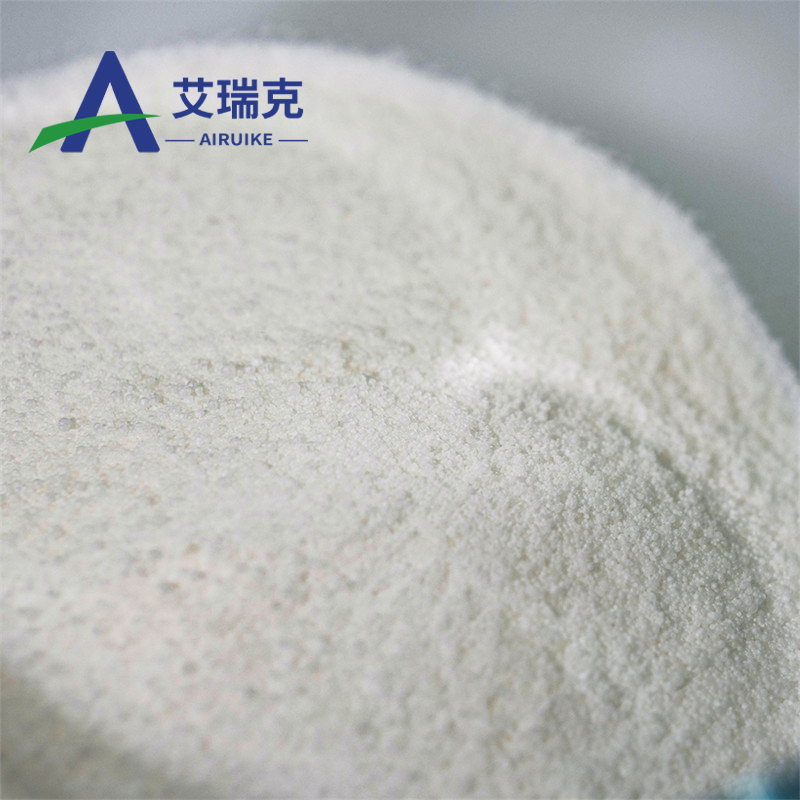
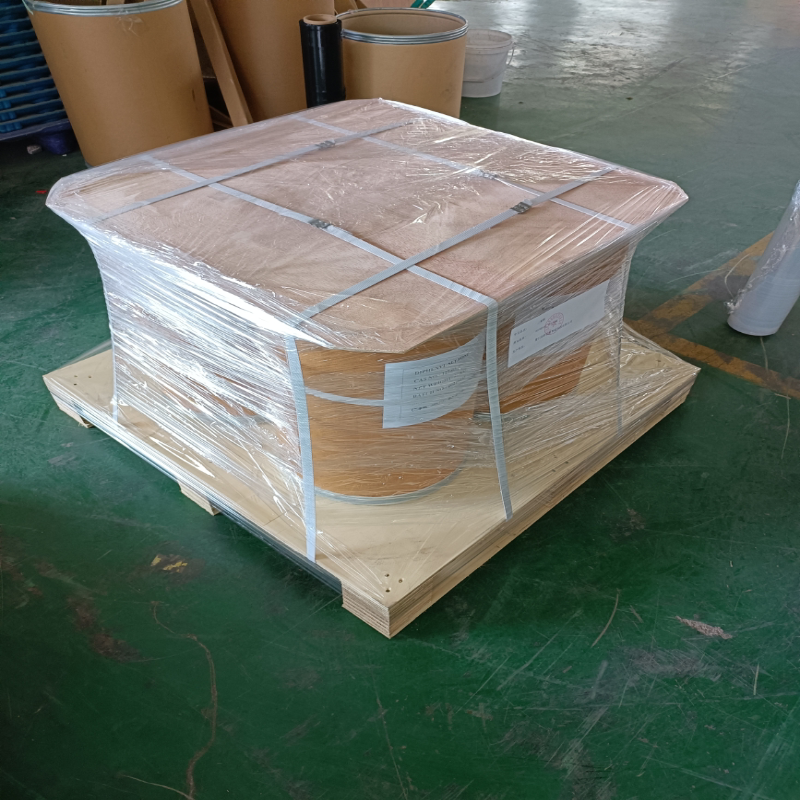

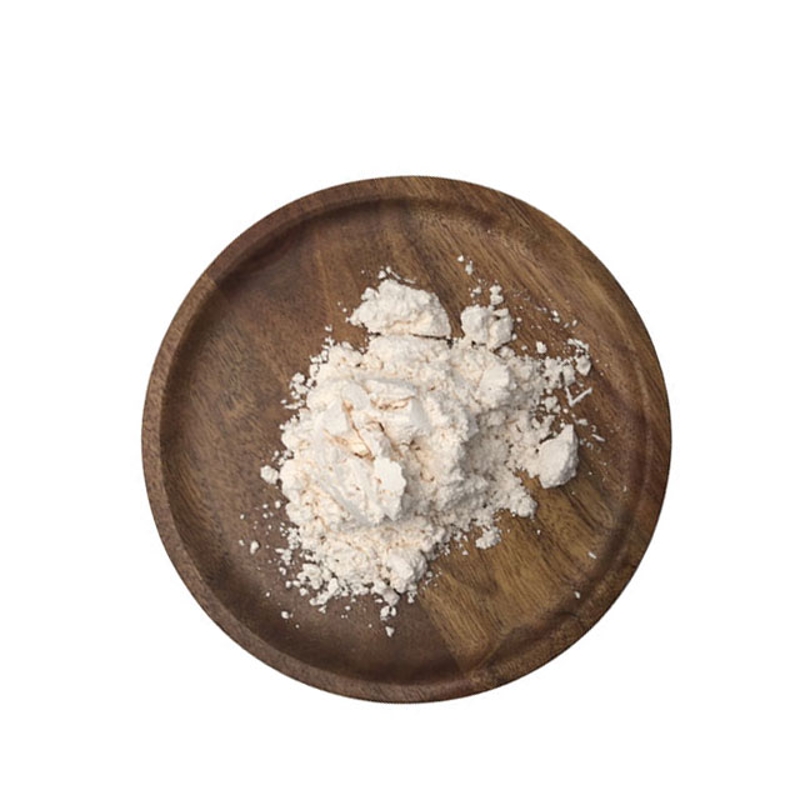

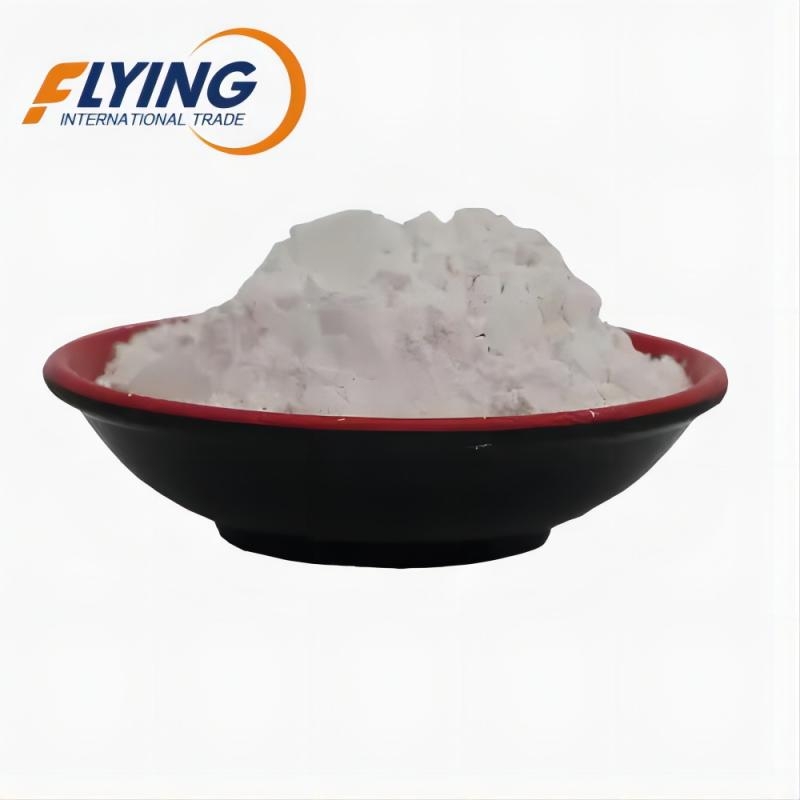
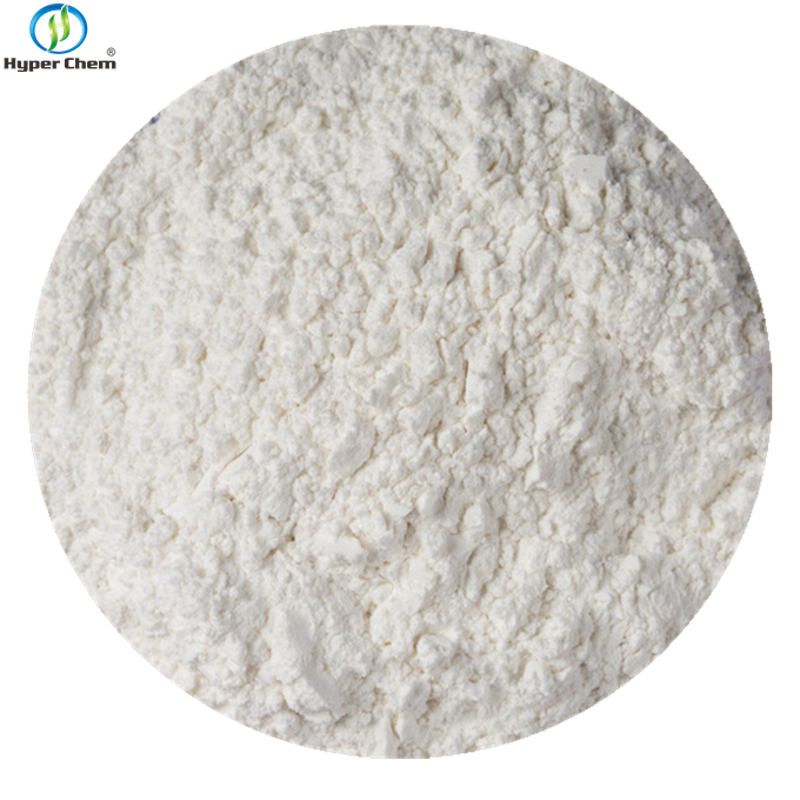


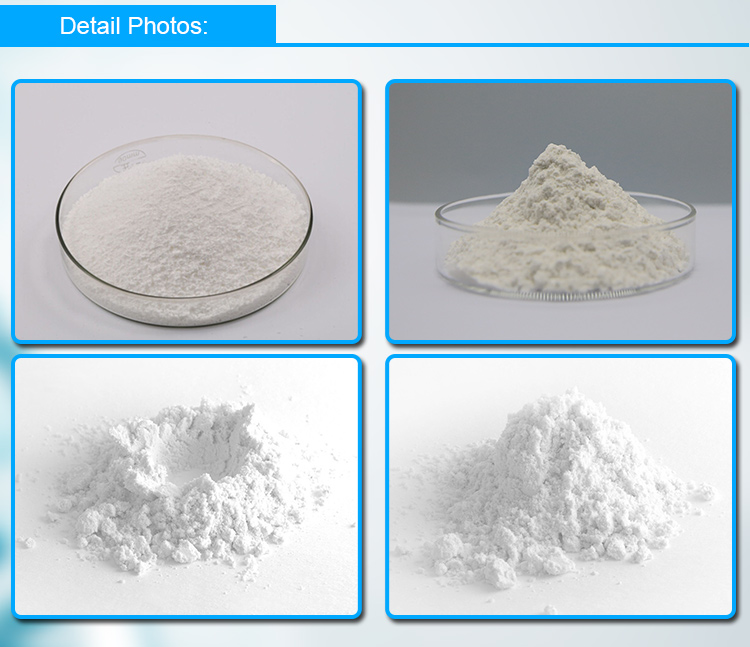
![Benzenaminium,4,4'-[(1R,2S)-1,2-diethyl-1,2-ethanediyl]bis[N,N,N-trimethyl-, diiodide, rel-(9CI) buy Benzenaminium,4,4'-[(1R,2S)-1,2-diethyl-1,2-ethanediyl]bis[N,N,N-trimethyl-, diiodide, rel-(9CI)](https://file.echemi.com/fileManage/upload/canonicalSmiles/20220812/a9ee7e50d28143018bd580a7f1f71613.png)




